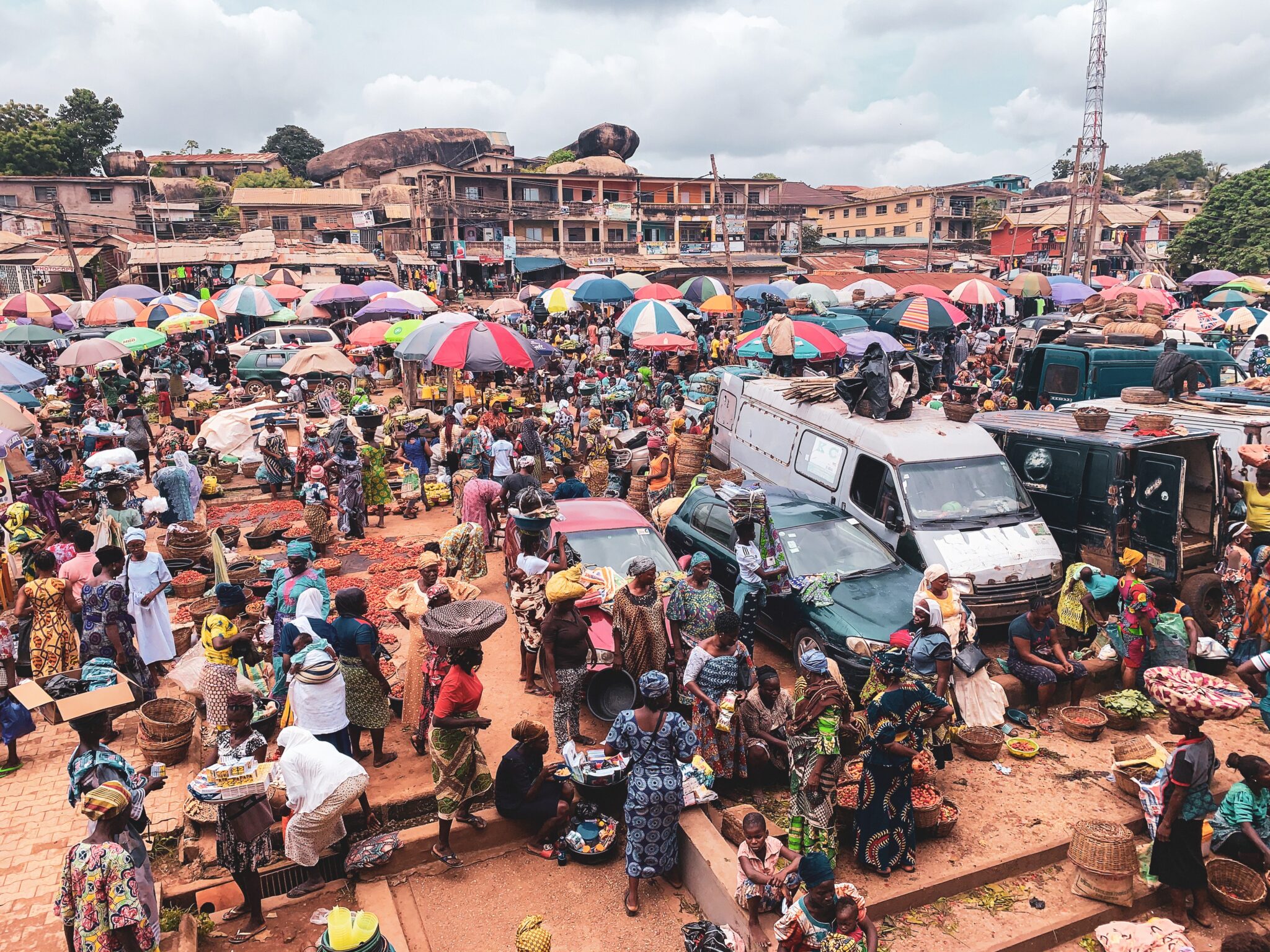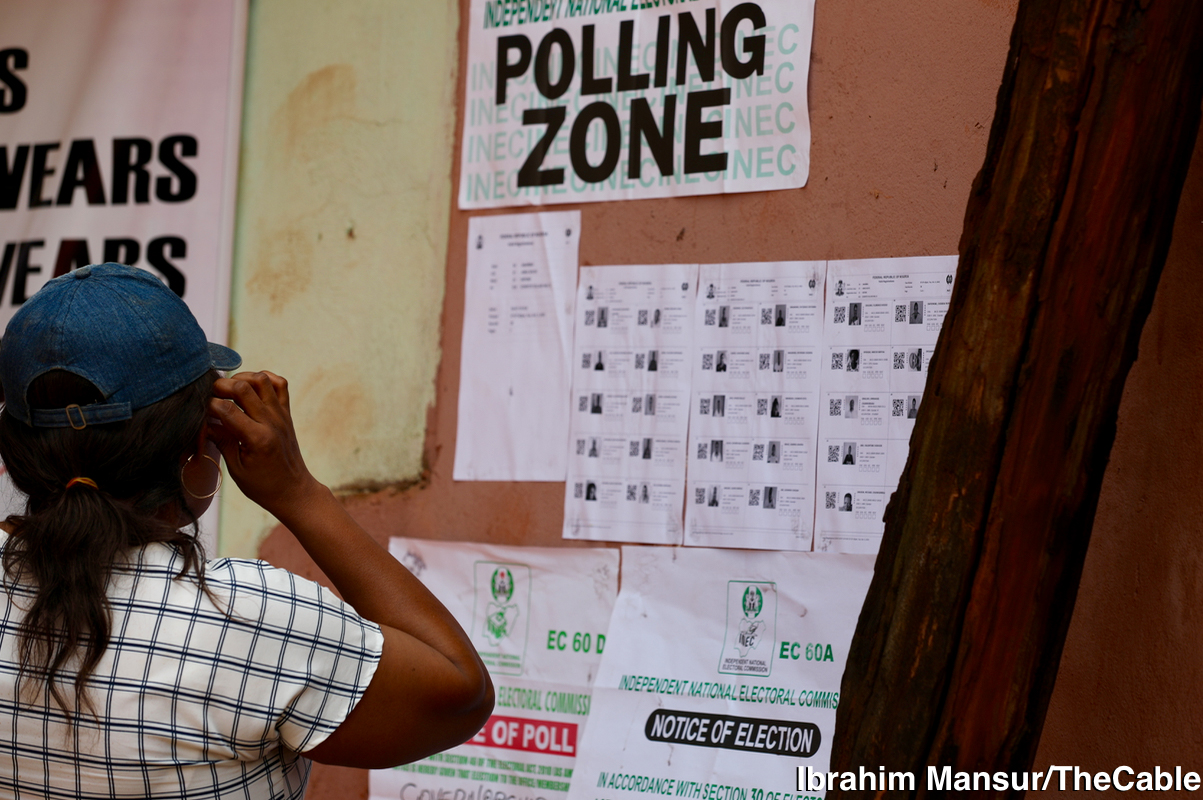BY TITILAYO ORISAREMI
In her 2015 official statistical report on women and men in Nigeria, the National Bureau of Statistics estimated Nigeria’s population distribution by sex at 49.5% women and 50.5% men. Despite the not-so-significant difference in the population of males and females, Nigerian men consistently degrade and treat their female counterparts as minors and appendages undeserving of the fundamental human freedoms naturally bestowed on all citizens irrespective of sex, gender, creed, race, or colour.
Nigeria has, on paper, demonstrated commitment to such international human rights instruments like the Universal Declaration on Human Rights; the Convention on the Elimination of All Forms of Discrimination against Women; the Declaration on the Elimination of Violence against Women; the Protocol to the African Charter on Human and Peoples’ Rights on the Rights of Women; the African Union Solemn Declaration on Gender Equality; as well as to all the targets and goals contained in the Sustainable Development Goals including the gender equality related ones. The Fourth World Conference on Women (1995) emphasized that: “Women’s empowerment and their full participation on the basis of equality in all spheres of society, including participation in the decision-making process and access to power, are fundamental for the achievement of equality, development and peace”. Herein lies the idea of gender mainstreaming, a process that ensures equitable access to society’s valued resources, rewards and opportunities by both women and men. Thus, gender mainstreaming is clearly a moral imperative meant to promote prosperity and well-being for all. It is not an option for a few men in power.
The outright rejection of the now-famous five gender-equality-related proposed constitutional amendment bills by our supposed representatives (who are mostly men), on the very first day of the month of March, a month dedicated to the eradication of all forms of discrimination and to women (marked by the celebration of the International Women’s Day on the 8th), dealt a very heavy and (un)expected blow to Nigerian women. The action of these lawmakers is not only a reflection of the dominance of patriarchy, androcentrism and the pervasive gender inequality in virtually every sector of our national life and development but a blatant demonstration of either their ignorance of the importance of gender mainstreaming or of their deliberate show of shame consistent with their chosen strategy to “malestream” rather than mainstream gender in Nigeria.
Advertisement
It is both shameful, regretful, scandalous and sad that our elected lawmakers are not in touch with the reality of Nigerians where the United Nations Children’s Fund (UNICEF) and other development agencies report that 60% of the estimated 10 million out-of-school children in Nigeria are girls. The 2015 National Bureau of Statistics indicated that only 38.4% of women in Nigeria have tertiary education; the employment rate for women in the formal sector is 65.1% compared to 71.5% for men; men in the national parliament constitute 92.5% and women, a token 7.5%; and representation at the local government is 94.4% men and a trifle 5.6% women; female judges in Nigeria constitute only 26.2% of the total number of judges; men dominate the high-ranking government administrators with decision making powers as no single state of the federation has ever produced a female governor and only two deputy governors were female as at 2015. These statistics clearly point to the disadvantaged situation of women in Nigeria as a result of men’s relentless effort to “malestream” gender which has resulted in ensuring that resource allocation and access to substantial credit facilities is largely male centred; violence perpetrated by men against women at home, in the workplace, and elsewhere is hardly criminalized; women’s contribution to macro-economics is hardly valued; whereas women are made to primarily bear the burden of replenishing society and grooming its young members almost exclusively as the socially recognized homemakers.
Little wonder these men in power relish the discriminatory laws and practices that place them over and above their female counterparts. They are apparently more comfortable with an androcentric constitution which guarantees their ascendency than having the courage to confront the “elephant in the room”, thereby betraying their supposed manliness and demonstrating that they are not “real men”. Real men recognize partnership with women as imperative to genuine development aimed at the wellbeing of all and sundry. Real men demonstrate courage by mainstreaming gender and ensuring that the perspectives, experiences, concerns, needs, etc. of both women and men form an integral part of every stage in the planning, formulation, design, implementation, monitoring and evaluation of laws or policies and programmes to ensure that no gender is short-changed.
The constitution of the Federal Republic of Nigeria is unarguably the highest law of the land. In 2016 and even prior to that, gender bills were thrown out by the national assembly members for not being in sync with the constitution of Nigeria. Women as rational beings strategized and made the most of the rare opportunity of the ongoing constitutional amendments to address some of the contentious areas of discrimination in this prime document. They went ahead to educate, sensitize, and lobby the various stakeholders to win their cooperation in addressing the age-long crime against the women folk by the state since its inception, yet the men brazenly rebuffed their request and denied not only women but the entire population their full rights as citizens. It is therefore disgraceful to say the least, that our so-called elected representatives represent only their interests at the expense of those they perceive as a minority, forgetting that the majority votes of this same minority group are crucial to put them in office.
Advertisement
The differences in gender roles and responsibilities imply differentials in how laws, policies and programmes impact women and men. The role of patriarchal attitudes in the rejection of the five gender equality related amendment bills is very clear. The rejected bills are:
- Reserved seats for women;
- Citizenship for women’s foreign spouse;
- Affirmative action for political offices;
- The provision of a minimum of 20% of ministerial or commissioner nominees for women
- Indigeneship right in the state of a woman’s male spouse after five years of marriage.
Why deny women equitable access to society’s common resources, opportunities, and rewards that men already enjoy? Why deny women who bear the burden of development, equal participation in shaping the direction of the same development? How can Nigeria truly develop if 50.5% of her population prefer to travel alone attempting to leave behind an obviously indispensable 49.5%? These patriarchal attitudes and practices of political leaders, especially in regions where female education and opportunities to participate in the public sphere are very few and far between, have severe implications for gender equality; human rights abuses; socio-economic development; and the general well-being of women and girls.
Women need to be on their guard as another round of elections looms. This is the right time to put their demands forward to the various political parties and politicians. However, it is important for them to beware of political propagandists. It is time to ensure the commitment of every political office seeker to gender equality in practical and unambiguous terms with specific targets and timelines for addressing prevailing gender issues in their constituencies. Accountability of political officers to citizens and the voting public is key. Relevant civil society organizations should endeavour to train citizens on how to organize themselves in the various communities and how to monitor and evaluate the activities of political office holders in the area of gender mainstreaming among others.
The demands of our courageous women who have acted as our collective conscience by occupying the main entrance of our national assembly, which is a strategic symbol of our democracy, should be appreciated by our egocentric and insensitive men by ensuring that the women get their “5 over 5” demand before the primaries leading up to the 2023 general elections. This is the only way they can confirm to the world the sincerity of the Nigerian government in ratifying the international and regional instruments against gender discrimination and inequality in this 21st century.
Advertisement
Orisaremi (PhD) is a gender specialist and an associate professor of Sociology at Baze University, Abuja, Nigeria
Views expressed by contributors are strictly personal and not of TheCable.






